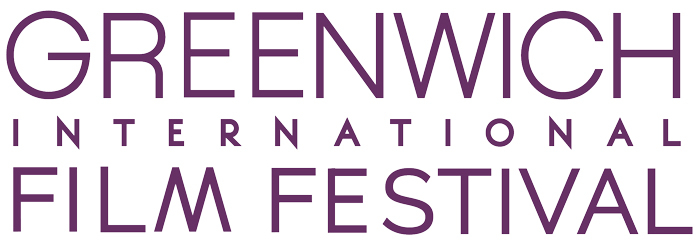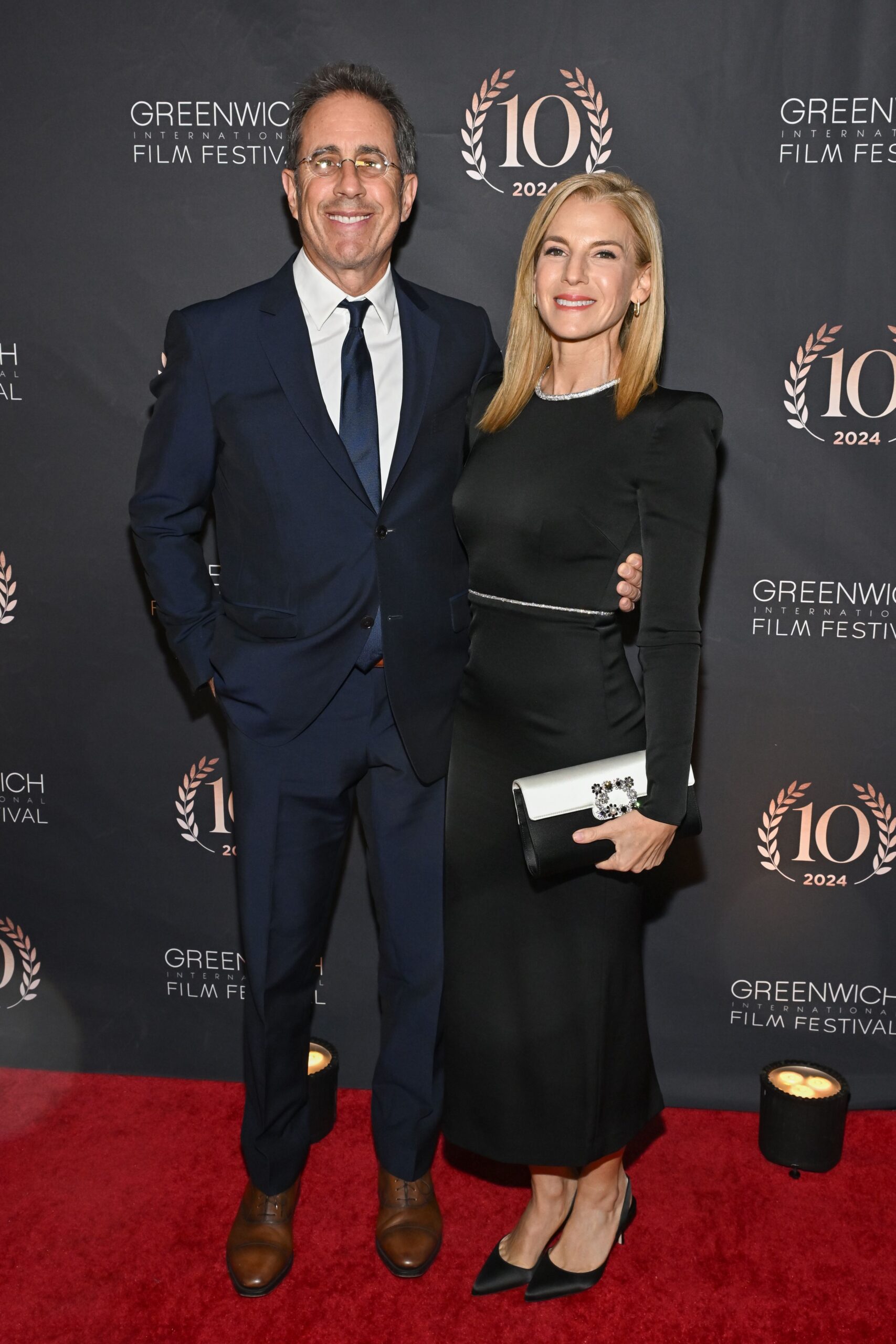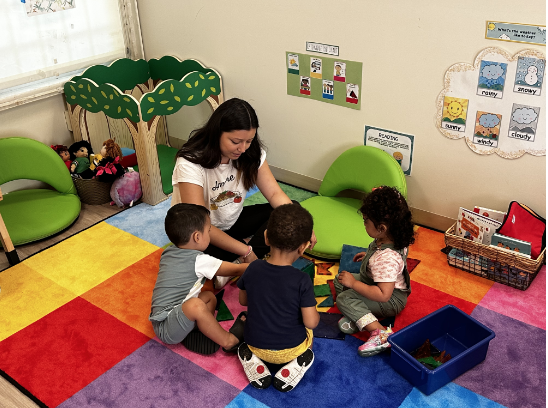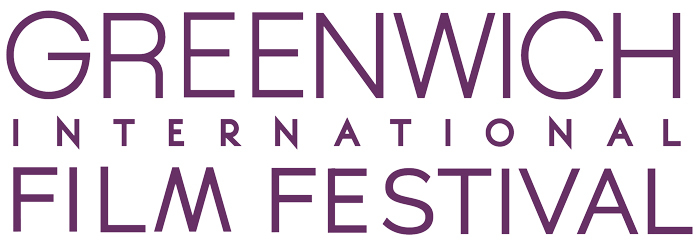
At a time when facts and truth have become increasingly optional, denial of history flourishes. Knowledge is Power, the theme of the 2020 Greenwich International Film Festival, is timely. It also fits particularly well with the mission of the Strassler Center for Holocaust and Genocide Studies at Clark University, home to a landmark doctoral program that trains PhD students to pursue diverse research questions related to the Holocaust, the Armenian Genocide, and genocides in Asia and Africa. This program has been at the forefront of the field of Genocide Studies since it was established with the first-ever professorships in Holocaust History in 1996 and Armenian Genocide Studies in 2002. Clark University trustee Rebecca Colin, PhD is dedicated to bringing the important scholarship and activities of the Strassler Center to a broader audience. As a sponsor of the film The Euphoria of Being, Dr. Colin has connected the extraordinary story of Hungarian Holocaust survivor Éva Fahidi to the educational mission of the Strassler Center.
Knowledge and its production, the central activities of any doctoral program, are especially urgent at the Strassler Center. Many of our students and graduates come from countries where it is difficult, even dangerous, to conduct historical research. In countries where the past remains contested, complicated historical narratives endure and scholarly inquiry is limited. Governments that wall off the past also allow antisemitism and Holocaust denial to flourish, as has been true in Hungary and elsewhere in Eastern Europe. Similarly, in the case of the Armenian Genocide, the Turkish government suppresses research about the systematic massacre of the Armenian population during the First World War as a matter of state policy. Even the US has not adequately addressed its foundational crimes against the American Indian population and racial violence against slaves and African Americans. When traumatic history remains unsettled, the ongoing consequences of genocide and mass atrocities have the potential to reverberate.
Strassler Center students and faculty conduct careful research that draws upon historical documentation from archives, testimonies, and other forms of empirical evidence. They travel the world to find answers to their research questions. Their painstaking work is rooted in diverse methodological approaches that help them to analyze their findings and the result is the production of knowledge. While much is known about the Holocaust, research continues in order to understand it from new perspectives. Even film, can serve as an essential tool for capturing, preserving, and disseminating truth. Yet, well-trained scholars remain crucial for interpreting film, since fictionalized accounts have the potential to distort the truth.
Éva, the subject of The Euphoria of Being, is a remarkable woman who, at nearly 90 years of age, testifies movingly to her experiences as a teenage girl during the Holocaust. She vividly recalls her deportation to Auschwitz where her extended family is murdered. Éva is able to tell her story as she prepares an autobiographical dance, which becomes a portal into remembrance. Her performance is a moving and remarkable feat and the film represents her with utmost dignity and sensitivity. And yet it forgoes alluding to the political backdrop of present-day Hungary where the resurgent nationalism championed by Prime Minister Viktor Orbán entails resurgent antisemitism and minimization of Hungary’s role as a Nazi ally. In order for knowledge to be truly powerful, we need historians and scholars to furnish important context and to situate individual stories within an accurate and broader historical context.
The trustees of the Simon and Eve Colin Foundation, sponsors of the film, value knowledge and education. They have pledged support for a new professorship at the Strassler Center that will advance efforts to foster serious research about how to make learning about the Holocaust more effective. Despite a growing number of school and museum-based programs that teach about the history of the Holocaust, many young people in the US and Europe are ignorant of central facts. We seek to understand why these educational efforts seem to have failed and why antisemitism, racism, and intolerance have only grown stronger. Through the appointment of a David P. Angel Professor of Holocaust Pedagogy and the Study of Antisemitism, Clark University will be at the forefront in confronting important questions. What should every educated person know about the Holocaust? And what is the purpose of that education? Is it to foster remembrance, to create an educated citizenry, to strengthen human rights, or to perpetuate the lessons of “Never Again?” The Euphoria of Being is a modest but touching film that isn’t meant to answer those questions but it can spark a conversation.
Mary Jane Rein, PhD, Executive Director
Strassler Center for Holocaust and Genocide Studies, Clark University




